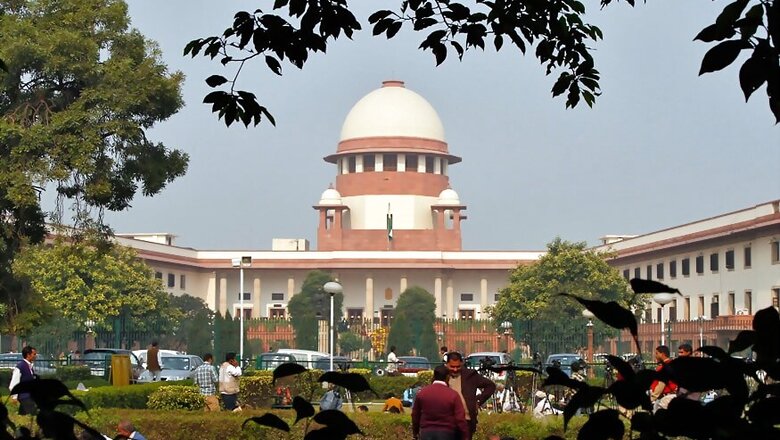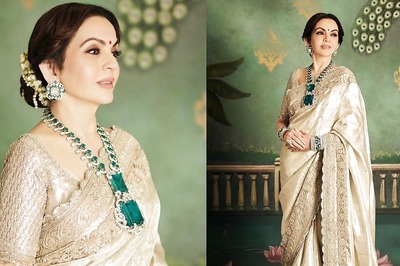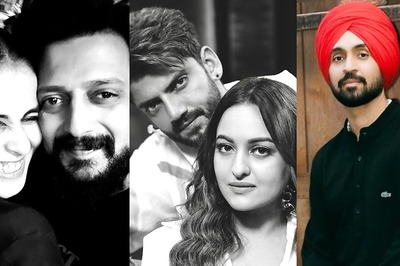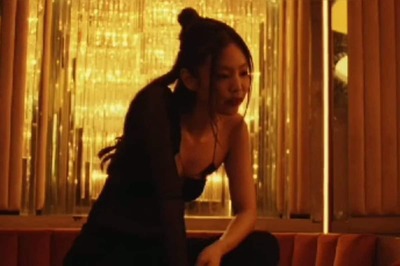
views
As the Supreme Court returns to bench on the first Monday of 2017, the first big story will probably be the irreversible change in the gentlemen’s game ushered in by the top court.
Justice TS Thakur, the outgoing Chief Justice of India who has just two days before he retires, is likely to pass an order appointing a set of administrators to take over BCCI, thus radically changing the way the game is played and administered. There could also be trouble for the present BCCI president Anurag Thakur as the court mulls going ahead with perjury proceedings.
Besides this, the real big event will be the change of leadership at the top as the Supreme Court of India gets its first Sikh CJI, JS Kehar, who is described by his colleagues and senior advocates as a no-nonsense man. Former SC judge, Justice Radhakrishnan, who retired early this year, called Justice Kehar the most fearless judge he has ever known.
But the real big challenge for the man will be to reduce the friction between the government and judiciary over the appointment of judges. The issue has been hanging in balance now for almost a year – and in the absence of new guidelines, also called Memorandum of Procedure MOP – the old system of appointments is being followed.
In the absence of coordination between the government and judiciary on appointments, the high courts are hit by almost 50% vacancies. The Supreme Court too will be affected as four judges retire this year, taking the SC strength from 32 to 22.
And this probably will the single most important event – if sorted out it will go a long way in ensuring smooth functioning of courts in the country.
The division amongst the judges themselves on the issue will have to be bridged for the smooth functioning of the judiciary.
With Justice Chelameshwar refusing to attend collegium meetings, Justice Kehar will have the doubly difficult task of keeping the house in order and maintaining a delicate balance with the government.
Yet another matter that may be of interest will be adjudication by a Constitutional bench of the SC on the government’s ambitious and controversial demonetisation scheme. Here the court will be testing the scheme on the touch stone of Constitutionality.
Reservations for caste groups from Rajasthan wanting to be included in the OBC category could also be raised in the Supreme Court.
The politically controversial Birla-Sahara diary matter too will make its mark felt in the Supreme Court this year. Will the court order an investigation into dairies, that amongst others allegedly discloses payments made to PM Narendra Modi, when he was Gujarat CM?
Among the social issues that spilled over from last year and are likely to make headlines this year will be the contentious issues of triple talaq and entry of women in Sabarimala temple. Another issue that will have a long-term impact on the Indian polity will be the issue of whether political parties can seek votes in the name of religion.
SC did not take this criticism of its verdict kindly and put in dock one of its former brother judges, asking why contempt proceedings should not be instituted against Katju’s unfair comments.
Eight month down the line, Justice Kehar will pass the baton to Justice Dipak Mishra of the arguable National Anthem judgment fame.




















Comments
0 comment